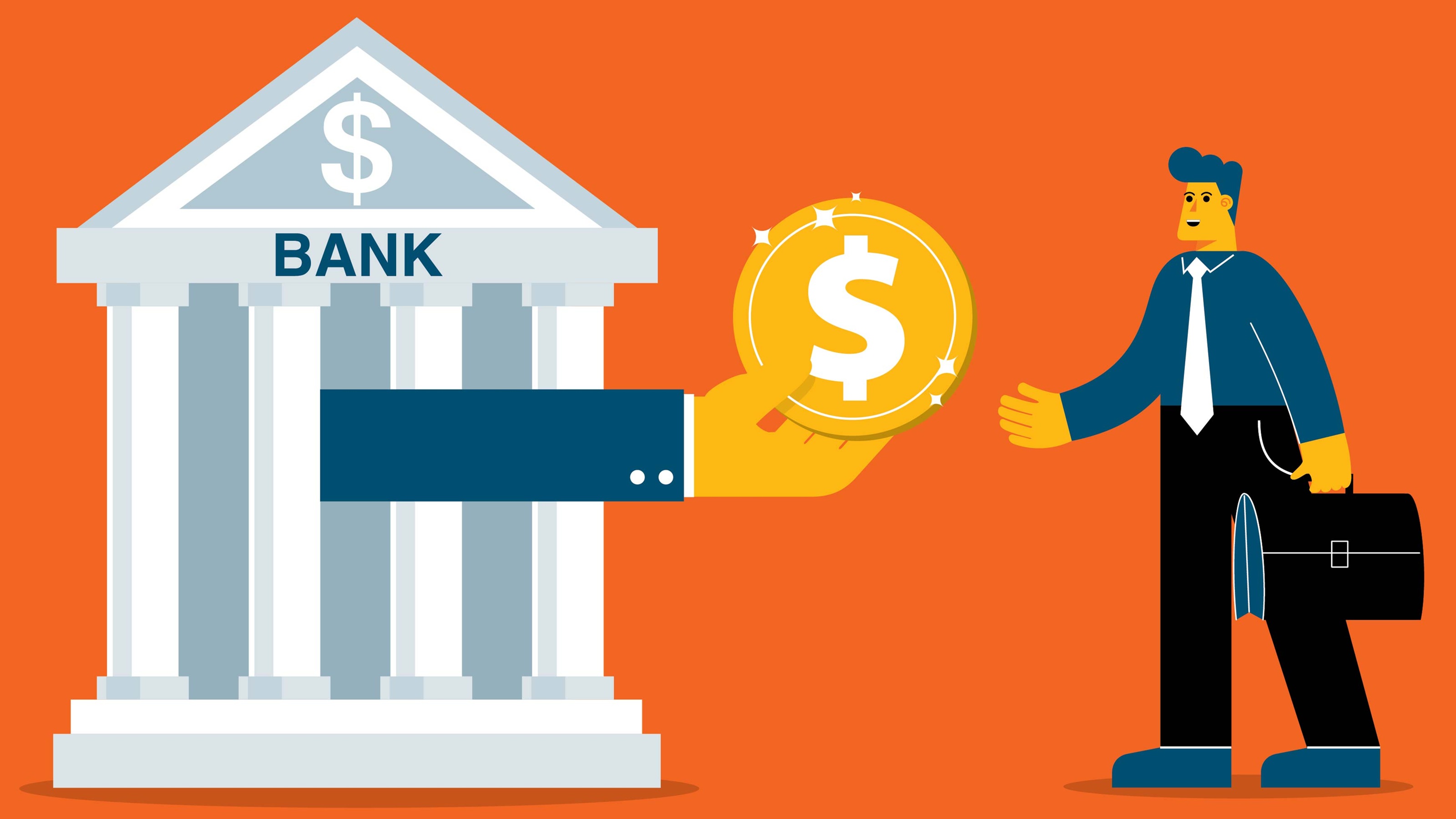Over 100k Medicare Accounts Breached in Latest Hack: Was Yours One?
Letters are going out to 103,000 Medicare beneficiaries who may have been impacted. Here's how to protect your identity and benefits.


Be on the lookout for a letter from Medicare & Medicaid Services (CMS). The government agency that provides medical insurance for more than 67 million Americans 65 and older is notifying Medicare beneficiaries that they may have been part of a data breach in which fake accounts were created in their names.
In a press release issued Monday, CMS said it had identified suspicious activity related to the unauthorized creation of certain beneficiary online accounts using personal information obtained from unknown external sources.
CMS reported that roughly 103,000 beneficiaries might have been affected by the recent data breach. The agency is currently mailing notifications to the individuals, informing them of the incident and outlining steps they can take to protect their personal information.

Sign up for Kiplinger’s Free E-Newsletters
Profit and prosper with the best of expert advice on investing, taxes, retirement, personal finance and more - straight to your e-mail.
Profit and prosper with the best of expert advice - straight to your e-mail.
How the Medicare breach happened
On May 2, 2025, CMS’s 1-800-MEDICARE call center began receiving inquiries from beneficiaries regarding letters they received confirming Medicare.gov accounts had been created in their names, the agency said. However, the beneficiaries hadn't created the accounts.
CMS launched an investigation and found malicious actors had fraudulently created new accounts between 2023 and 2025 using valid beneficiary information, including Medicare Beneficiary Identifiers (MBI), coverage start date, last name, date of birth, and zip code.
Once these unauthorized accounts were established, bad actors may have accessed additional beneficiary data, including the following:
-Provider information
-Mailing address
-Dates of service
-Diagnosis codes
-Services received
-Plan premium details
What CMS is doing
CMS said it is not aware of any reports of identity fraud or misuse of the information due to this fraudulent activity, but said out of an abundance of caution, it is taking steps to safeguard beneficiaries' information, including:
-Deactivating all fraudulently created Medicare.gov accounts
-Disabling the ability to create new Medicare.gov accounts from foreign IP addresses to prevent further exploitation
-Continuing to monitor claims data for any suspicious activity and replacing MBIs for affected individuals
-Mailing new Medicare cards with new MBIs to beneficiaries as needed
What you can do
If you receive a letter in the mail from CMS, review your Medicare Summary Notices and Explanation of Benefits and see if you spot any unfamiliar charges or services. Report any suspicious activity to 1-800-MEDICARE (1-800-633-4227) or the Office of Inspector General at oig.hhs.gov/fraud/report-fraud/. It's also important to obtain a free annual credit report through www.annualcreditreport.com or by calling 1-877-322-8228.
If you are a victim of identity theft or fraud, file reports with local law enforcement and/or the Federal Trade Commission by phone at 1-877-IDTHEFT (1-877-438-4338) or online at www.ftc.gov/idtheft if any identity theft concerns arise.
Why hackers go after Medicare
Medicare is a prime target for hackers because of the information they can steal to use for identity theft and financial gain. With stolen Medicare information, bad actors can file fake claims for health care services, medicine and supplies, which cost the government and individuals money.
Medicare information includes a lot of personal identifying data such as names, addresses, birthdates and Social Security numbers. Hackers can use this information to steal a person’s identity, open credit cards in their name, hack into their bank accounts, or take other actions for financial gain. They can even use Medicare information to commit insurance fraud.
The best way to protect your Medicare number is to treat it like a credit card and be careful with whom you share it. Make sure to regularly review your statements, and if you spot any suspicious activity, report it immediately.
Related content
Profit and prosper with the best of Kiplinger's advice on investing, taxes, retirement, personal finance and much more. Delivered daily. Enter your email in the box and click Sign Me Up.

Donna Fuscaldo is the retirement writer at Kiplinger.com. A writer and editor focused on retirement savings, planning, travel and lifestyle, Donna brings over two decades of experience working with publications including AARP, The Wall Street Journal, Forbes, Investopedia and HerMoney.
-
 Callable CDs Have High Rates. We Still Don't Recommend You Get Them
Callable CDs Have High Rates. We Still Don't Recommend You Get ThemInvestors must carefully consider the trade-offs, as falling interest rates could lead to reinvestment at a lower yield and make selling on the secondary market difficult.
-
 High Mortgage Rates Are Holding My Retirement Hostage: Can I Still Downsize and Retire?
High Mortgage Rates Are Holding My Retirement Hostage: Can I Still Downsize and Retire?We ask retirement wealth advisers what to do.
-
 High Mortgage Rates Are Holding My Retirement Hostage: Can I Still Downsize and Retire?
High Mortgage Rates Are Holding My Retirement Hostage: Can I Still Downsize and Retire?We ask retirement wealth advisers what to do.
-
 Five Big Beautiful Bill Changes and How Wealthy Retirees Can Benefit
Five Big Beautiful Bill Changes and How Wealthy Retirees Can BenefitHere's how wealthy retirees can plan for the changes in the new tax legislation, including what it means for tax rates, the SALT cap, charitable giving, estate taxes and other deductions and credits.
-
 I Want to Buy an Annuity, but I'm Scared I'll Get Ripped Off. Should I Get One Anyway?
I Want to Buy an Annuity, but I'm Scared I'll Get Ripped Off. Should I Get One Anyway?An annuity is a way to achieve lifetime income in retirement, but you need to understand how this product works before making a purchase.
-
 Can AI Help With Your Finances?
Can AI Help With Your Finances?ChatGPT and other artificial-intelligence tools will streamline certain tasks, but don't count on them to get everything right.
-
 I'm a Financial Planner: Here Are Five Smart Moves for DIY Investors
I'm a Financial Planner: Here Are Five Smart Moves for DIY InvestorsYou'll go further as a DIY investor with a solid game plan. Here are five tips to help you put together a strategy you can rely on over the years to come.
-
 'Drivers License': A Wealth Strategist Helps Gen Z Hit the Road
'Drivers License': A Wealth Strategist Helps Gen Z Hit the RoadFrom student loan debt to a changing job market, this generation has some potholes to navigate. But with those challenges come opportunities.
-
 2026 Social Security COLA: The Little Known Data Shift That Could Impact Millions of Retirees' Benefits
2026 Social Security COLA: The Little Known Data Shift That Could Impact Millions of Retirees' BenefitsThe BLS has changed how it measures the inflationary data that determines whether Social Security benefits will get a Cost-of-Living Adjustment (COLA). Will it hurt your benefits?
-
 Financial Pros Provide a Beginner's Guide to Building Wealth in 10 Years
Financial Pros Provide a Beginner's Guide to Building Wealth in 10 YearsBuilding wealth over 10 years requires understanding your current financial situation, budgeting effectively, eliminating high-interest debt and increasing both your income and financial literacy.